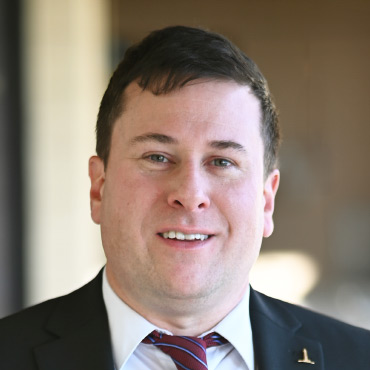Mark Skousen’s op-ed “The American Economic Association Snubs Hayek” (Sept. 16) calls attention to political bias at the American Economic Association’s annual conference. While I have not seen Mr. Skousen’s rejected proposal on economist F.A. Hayek, several accepted proposals on the AEA’s program point to a leftward drift in the organization.
The coming conference will feature seven papers on Karl Marx and Marxian economics, a fringe school that almost all professional economists reject. Loaded political jargon similarly populates the program. It features six papers on the critical-race-theory concept of “intersectionality” and 16 papers on “neoliberalism,” a pejorative term used by left-wing activists to attack free-market thinkers. The far-left Union for Radical Political Economics has 16 dedicated panels and lectures on the program. Progressive economist John Maynard Keynes appears to be the dominant lens at the conference, with 32 abstracts mentioning Keynes and various Keynesian schools of thought.
By contrast, free-market perspectives are rare at the AEA. Only two accepted papers mention Hayek, with another two mentioning Milton Friedman. The monetarist school appears twice, and the public-choice tradition appears only once. I make no claim of knowing the optimal balance between these competing perspectives, but the AEA’s current ideological filter is proving to be a poor mechanism for rationing scarce conference space.









